Our new seasonal drink in the Nossa Espresso Bar is a cascara iced tea, made from the dried husks of coffee cherries. The cascara is brewed in a French press and then poured over ice with a touch of pure cane sugar, with tasting notes of cherry, honey and hibiscus. It’s refreshing, smooth and totally different.
by Lily Wilson, Nossa Espresso Bar Manager

Cascara is a trend that is quickly catching fire in cafes around the country, like the use of reclaimed barn wood for laptop bars, cold brew on nitro, diner mugs and serving local kombucha on tap. Cascara, for those of you still fashionably late to the party, is the outer casing or pulp of the coffee cherry. Cascara, in Spanish, means the peel or skin of fruit. Not to be confused with the rhamnus purshiana cascara plant, which is a native Western North American buckthorn used for centuries as a natural laxative. Although, it’s probably not long before that becomes the next health craze.
So what is cascara?
When harvesting the coffee cherry, the pulp or husk is removed before the seed (or bean) is dried in a process referred to as “washed.” The pulp is then dried and can be brewed to make cascara tea, while the dried green bean is what is roasted to make the delicious coffee that we all know and love. Cascara blurs the lines between coffee and tea. It comes from the coffee plant, but is brewed and tastes similar to an herbal tea. But this is 2016, so we celebrate all things non-binary and non-conforming.

Cascara is an old tradition native to countries such as Yemen and Ethiopia, where the birth of coffee culture is said to begin. People drink or eat it in countries all over the globe, mostly where coffee is grown and harvested for export. Cascara has also been referred to as “poor man’s coffee” or “coffee of the Army,” as the husk of the coffee cherry was usually disposed of by farmers and resurfaced by poorer community members. Of course in Portland, we call that our way of life. Mostly, however, even as cascara gains in popularity, the coffee husk is treated as waste and many coffee farms incorporate it into their compost pile, using it for fertilizer for their coffee plants.
Cascara at Nossa Familia
We received our first bag of cascara almost a month ago from some friends at Fazenda Ambiental Fortaleza in Mococa, Brazil. When you stick your nose in it, you can definitely smell the fruity, cherry-like floral notes of the dried husk. Simply steeping it in hot water for a while like a traditional tea yielded a drink with a taste reminiscent of old socks. We were going to have to get creative to give the people what they want.

We tried a variety of different methods for brewing the tea. We tried the pour over method, French pressing, cold brewing, yelling at it, running over it with our delivery van, eating it raw and adding it to already brewed coffee. By the end of our experimentation session, most of us had endured some pretty intense effects of caffeine highs and lows. Cascara contains similar levels of caffeine as black tea, but somehow makes you feel as though you’ve eaten one of your coworker's “special” brownies if you drink too much of it.

Our final recipe was created in the heat of a barista seasonal drink competition. Our own baristas were given three weeks to come up with a seasonal beverage, using either cascara or something “summery.” Our Espresso Bar supervisor, Darin, made it into a simple syrup and added it to sparkling water with a twist of lemon. It was pleasant, but a little too sweet for our taste buds. The winning drink was simple and delicious. Lucas, one of our baristas, brewed a concentrate in a French press and then poured it over ice before adding a bit of pure cane syrup to take the edge off. It boasts tasting notes of cherry, honey and hibiscus. It’s refreshing, smooth and totally different. Just like Prince (RIP.)
If you’re looking for something new, caffeinated and cold, our cascara tea is the thing for you. If you’re worried about being dragged over to that new age, hippy fad of tea drinking, don’t worry, cascara can still be considered a “coffee drink,” so you won’t lose street cred with your coffee snob friends. Hope to see you soon!
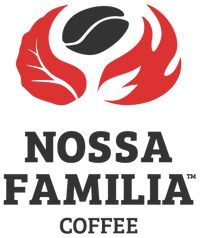

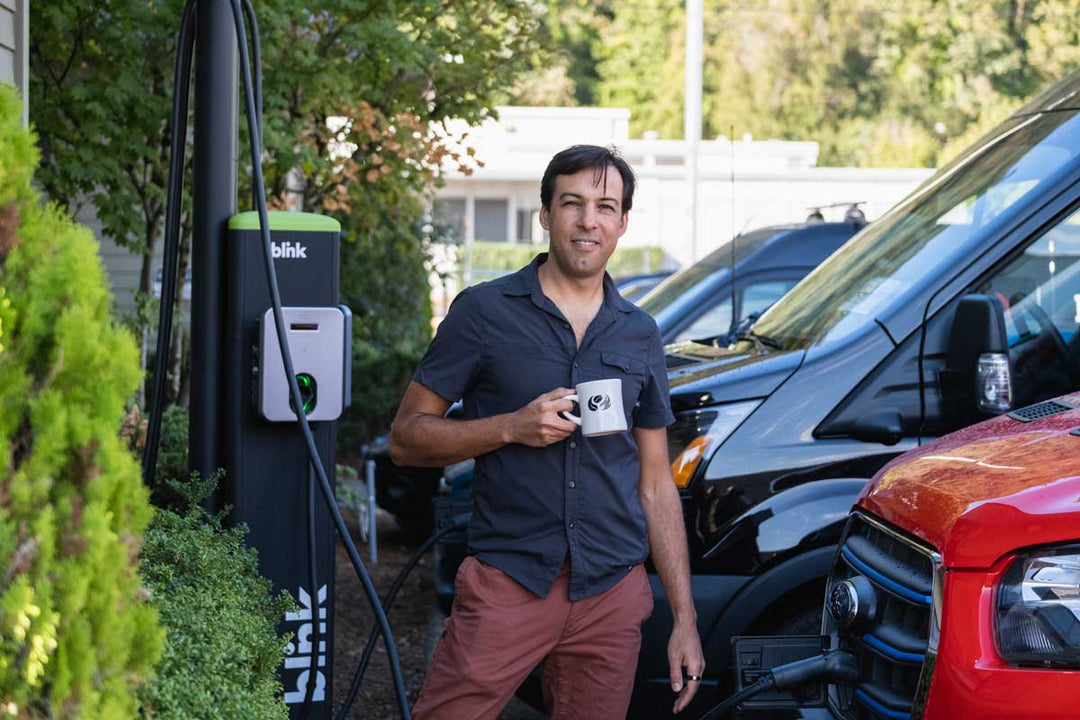
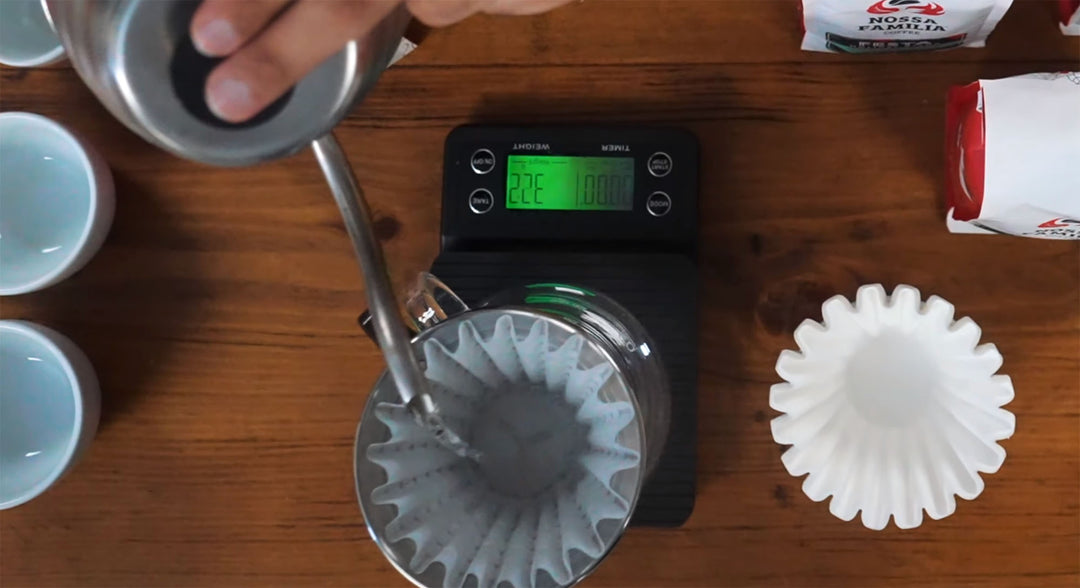
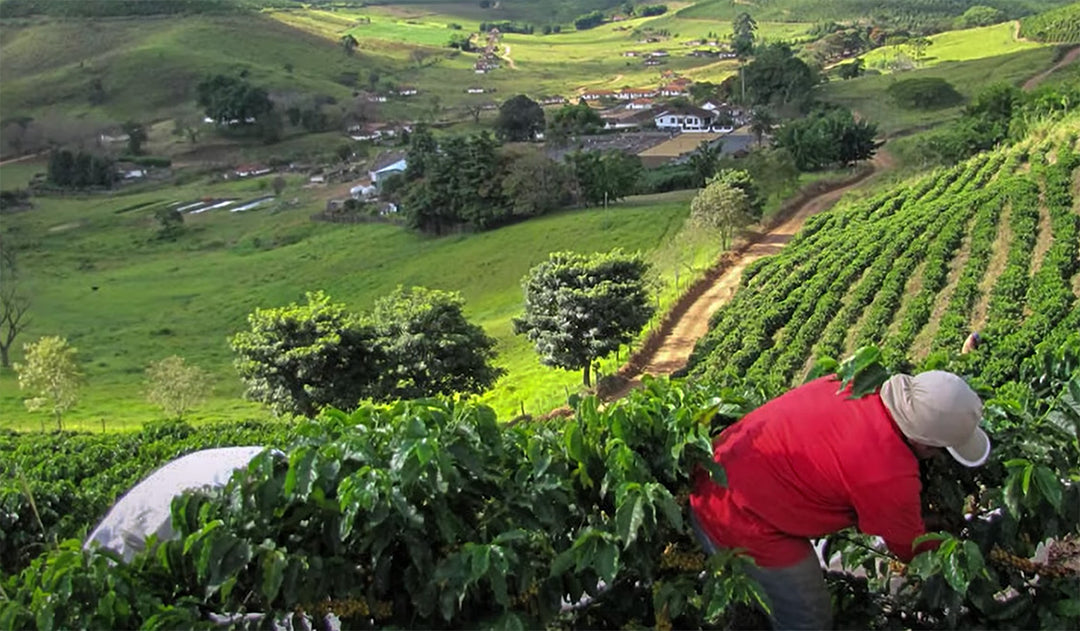
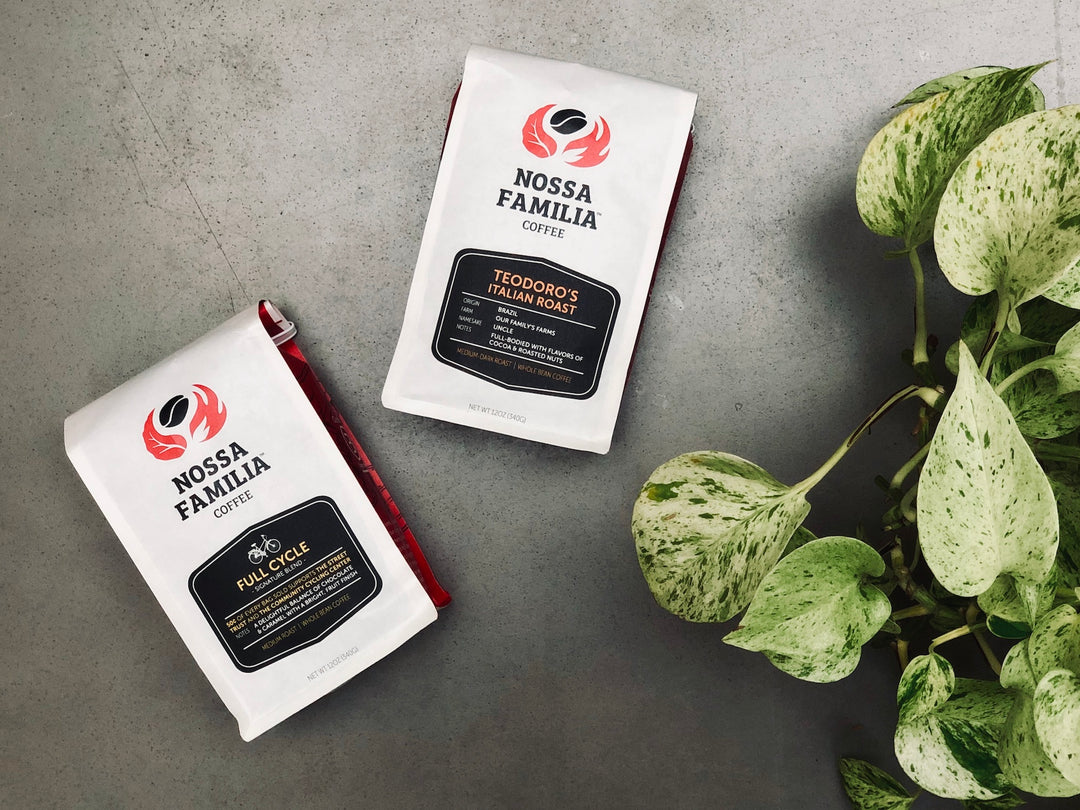
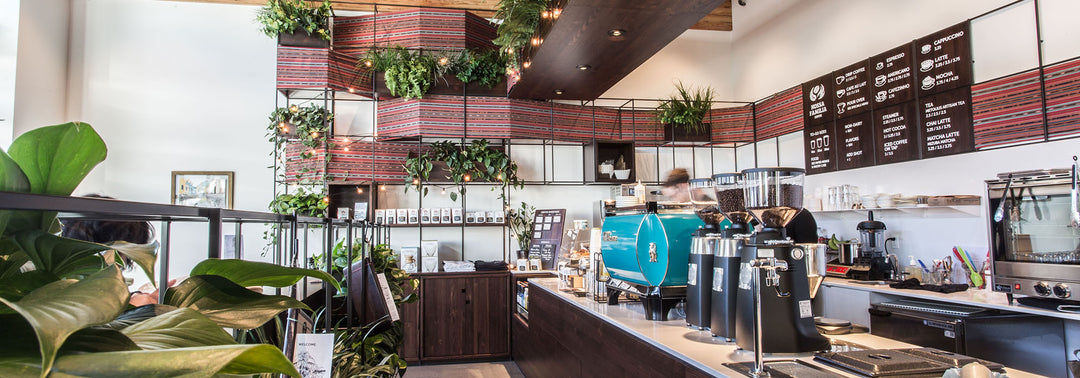
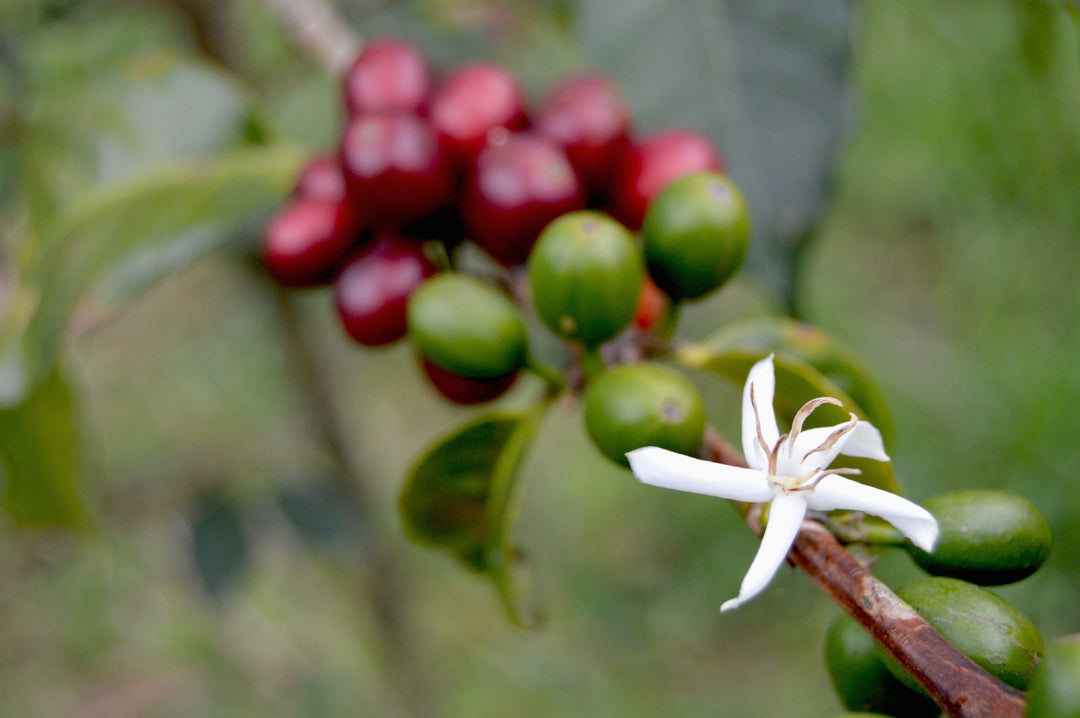

Leave a comment